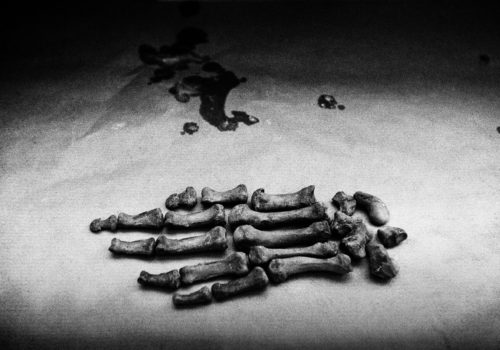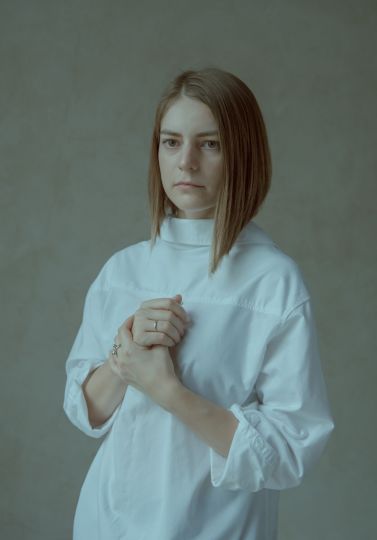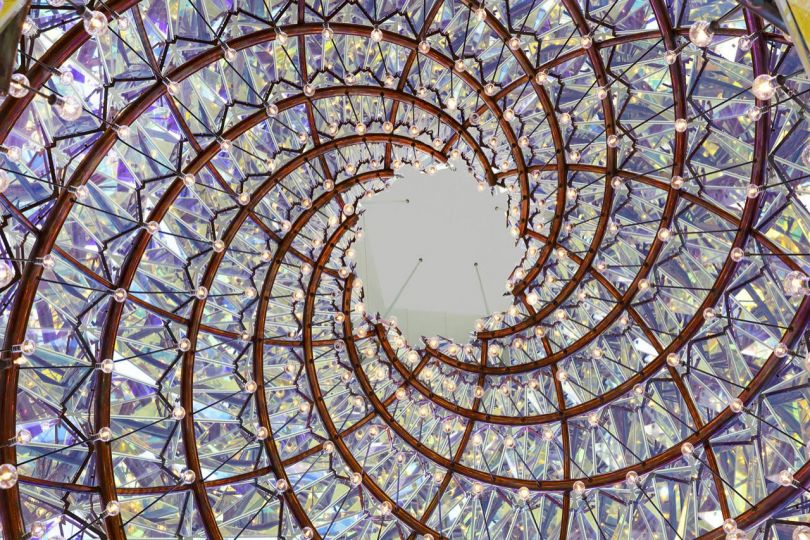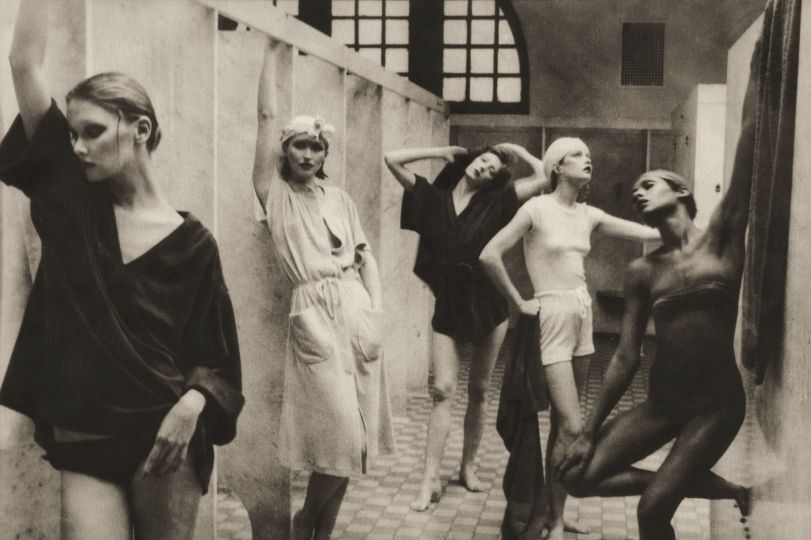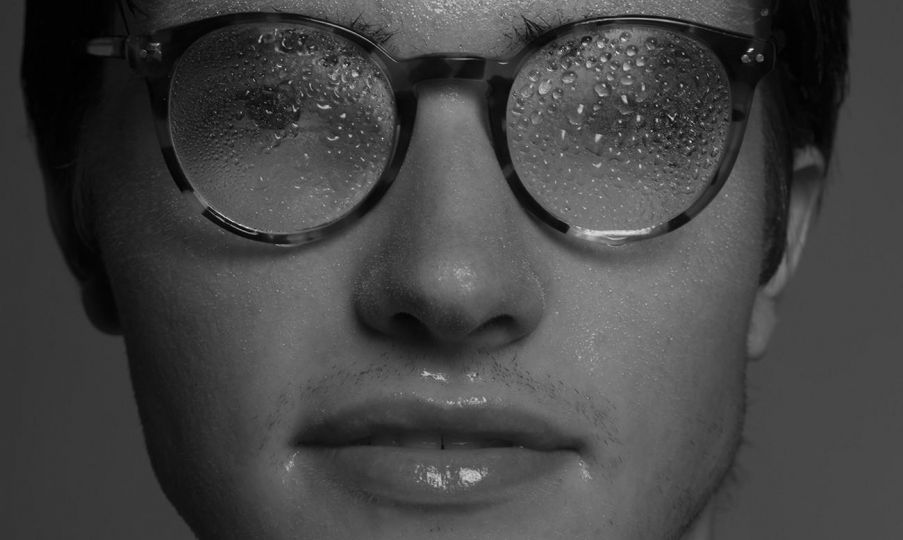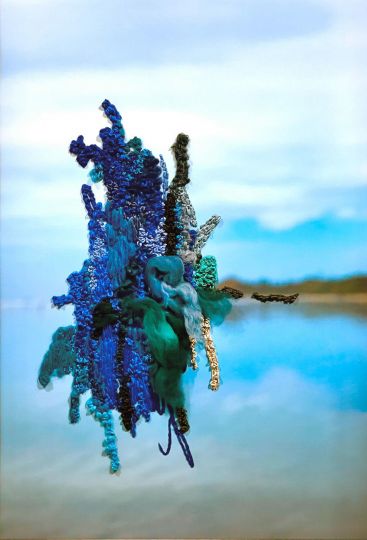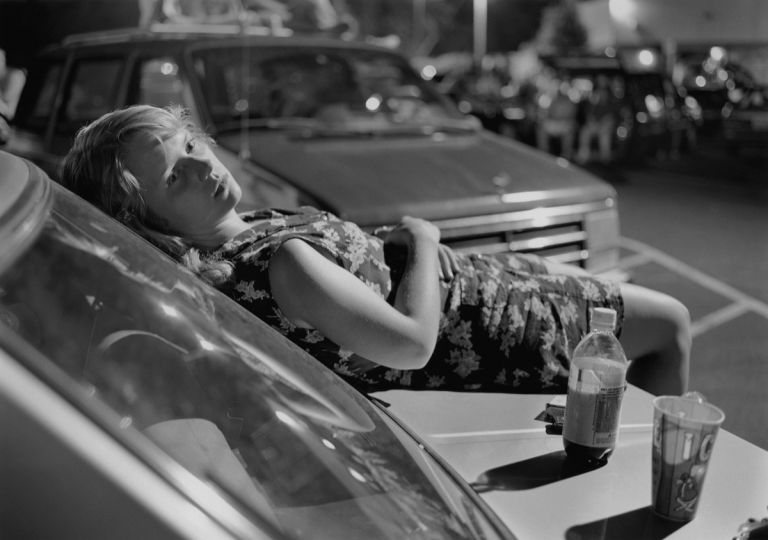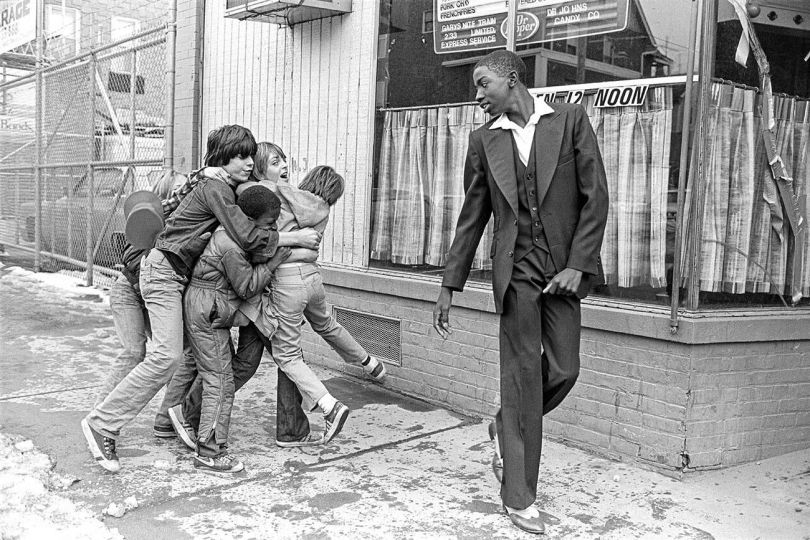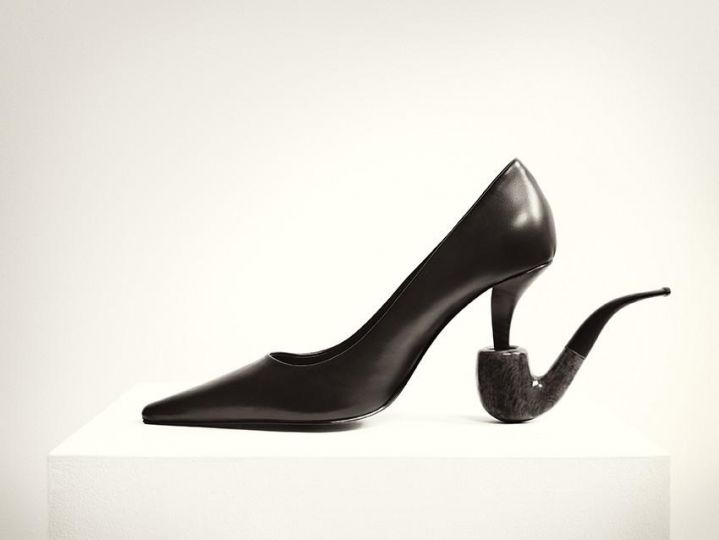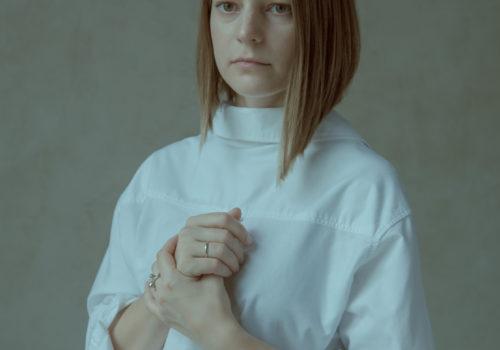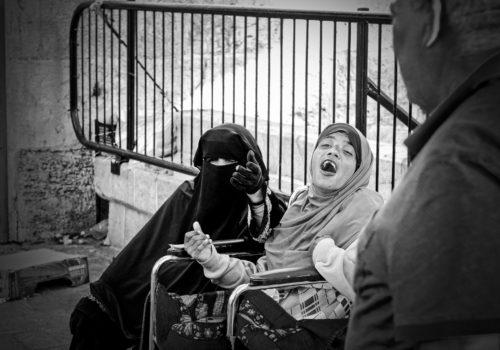The exteriors of the houses and apartment blocks display a multitude of open wounds. The holes made by machine-gun fire and the white blotches of concrete, used to fill up the gaping cavities created by the bombs, look like imaginary constellations scattered across the whole of Bosnia. Recollection, notwithstanding the implacable passing of time, is swathed with scars, but it is not the destruction that causes us to remember the horrors of war, neither is it purely the pain for those lost; more than anything it is the daily endeavor to recuperate thousands of hidden identities.
Sixteen years after the end of the conflict in ex-Yugoslavia ten thousand humans, who simply vanished into mid-air, are still missing. The International Commission on Missing Persons (ICMP) has been working non-stop, ever since 1996, with the intent of identifying the missing persons who disappeared during the armed conflicts, thus contributing to the development of an appropriate commemoration of the victims. The discolored photos, identity cards, crumpled bank notes are all fragments of humanity buried in time. Every year hundreds of human remains are identified and on July 11th, the anniversary of the fall of Srebrenica, all those bodies are given back to their relatives.
Following the ethnic-cleansing operations of the Serbs, in the Srpska Republic now live about 1.4 million inhabitants, of whom about one million are Serbian Nationalists. The Bosnian refugees have never gone back to their homes, many for the fear of finding themselves living next-door to the slaughterers of their loved-ones, others for the lack of a true process of peace: in fact, justice has not been carried out in the most part of the atrocities committed during the war in ex-Yugoslavia.
Without stealing images, mine was more than anything else a co-division of memories and visions, of moments truly experienced and others only imagined. Then, one fragment at a time, I started putting together the puzzle of the Bosnian identity which had been violated by the longest siege in modern history, focusing on the lives of the young Muslims, Orthodox and Catholics, among dreams of release for the future, emulations of western models and pressure towards nationalism. This is life in Bosnia now, in the black and white of frozen emotions, a transition still present between past and future. Where dreams run next to nightmares, hate next to love and, in the inverse rules of history runs a newly found desire to serge ahead, incarnated in the new generations. Where a kiss rekindles hope, amid the obscure meanderings and backdrops of the mind.
Matteo Bastianelli, FotoVisura Grant Finalist

